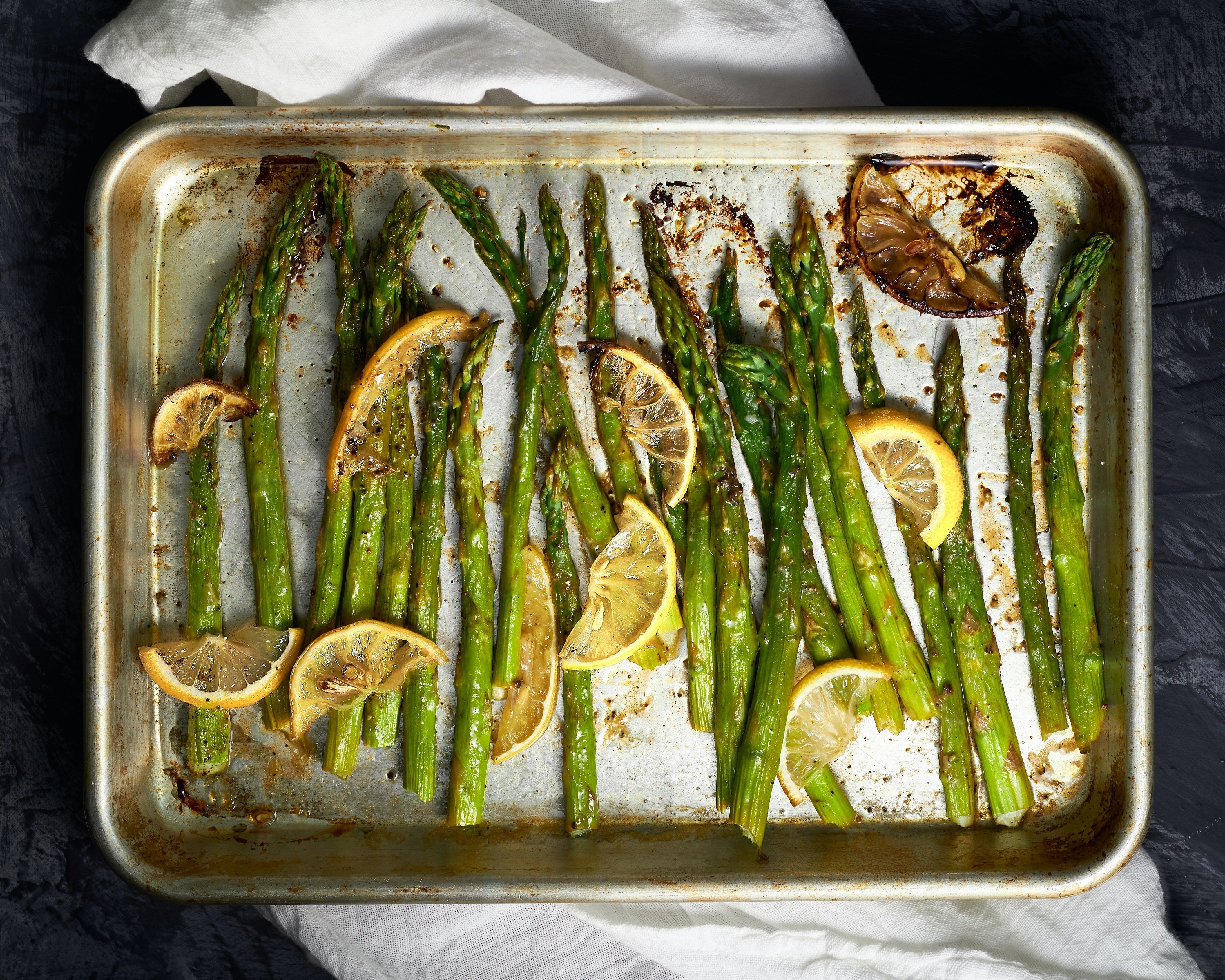Can eating specific foods (and avoiding others) reduce your risk of Alzheimer’s disease and other forms of dementia? A growing body of evidence suggests the answer is yes.
One diet in particular, the MIND diet, has been shown to offer strong protection against cognitive decline. MIND stands for Mediterranean-DASH Intervention for Neurodegenerative Delay.
In one study, the MIND diet lowered the risk of Alzheimer’s disease by as much as 53 percent in participants who strictly adhered to the diet, and by about 35 percent in those who followed it moderately well.[*]
In this article, we’ll be sharing the top foods for dementia prevention based on research surrounding this diet, as well as other supporting research.
First Things First, What Is Alzheimer’s Disease?
Dementia is a blanket term for chronic, progressive loss of cognitive function. It’s not a disease, but a group of symptoms with various causes. There are two main types of dementia: Alzheimer’s and non-Alzheimer’s.
Alzheimer’s is the most common cause of dementia and is thought to be responsible for 60 to 80 percent of cases. It’s a progressive disease that, over time, results in severe cognitive impairment.
Some of the most common symptoms of Alzheimer’s include memory loss, poor judgment, misplacing items, mood swings, and personality changes.[*] Eventually, those with Alzheimer’s become unable to perform even the simplest tasks and require full-time support from caregivers.
The disease most commonly occurs in older adults, with the first symptoms typically appearing in the mid-60s. The disease can occur earlier in life (between a person’s 30s and mid-60s), but this is very rare.
What Causes Alzheimer’s Disease?
The symptoms of Alzheimer’s are the result of abnormal clumps (called amyloid plaques) and tangled bundles of fibers (called tau tangles) in the brain. Another key feature of the disease is the loss of connections between neurons (brain cells).
This damage initially occurs in parts of the brain involved in memory, and later affects areas responsible for language, reasoning, and social behavior. Eventually, many other regions of the brain are damaged.
Top Foods for Alzheimer’s Prevention
While there is currently no known cure for Alzheimer’s or other forms of dementia, there’s strong evidence that healthy lifestyle choices like physical activity and diet play a role in reducing your risk.
The following foods for dementia prevention are based on research surrounding the MIND diet.[*] This diet, which is specifically designed to improve brain function and prevent dementia, combines elements of the Mediterranean diet and the DASH (Dietary Approaches to Stop Hypertension) diet.
Here are the top foods to regularly add to your plate.
#1: Green Leafy Vegetables
Aim for frequent servings of green leafy vegetables, such as kale, spinach, broccoli, and collards. Greens are packed with brain-protective nutrients, including beta carotene, folate, and vitamins C, K, and E.[*]
At least two servings per week can help, but the MIND study found six or more servings per week provided the greatest brain benefits.
#2: Nuts
Nuts are an ideal snack or meal add-on for your noggin’. They contain healthy fats, antioxidants, and vitamin E, which may explain their beneficial effects on brain health.[*] Make it a goal to eat a serving of nuts at least five times a week.
#3: Berries
Berries are a rich source of anthocyanins, a group of plant compounds with antioxidant properties.[*] Antioxidants act against oxidative stress and inflammation, both of which can contribute to brain aging and neurodegenerative diseases.[*]
Aim to eat berries, such as blueberries, strawberries, or raspberries, at least twice a week.
#4: Beans
If beans aren’t a mainstay in your diet, they should be! Beans provide many brain-supportive nutrients, including B vitamins, omega-3 fatty acids, antioxidants, and magnesium. Aim to include beans and other legumes in your meals three times a week.
#5: Whole Grains
Don’t skimp on healthy whole grains! The MIND diet recommends consuming at least three servings a day. Whole grains like oatmeal and brown rice provide substantial amounts of magnesium, which supports optimal nerve transmission and neuromuscular conduction, and protects against excess neuron excitation and oxidative stress.[*]
Translation? If you don’t consume enough magnesium, it can lead to reduced cognitive performance. In fact, abnormal levels of magnesium have been linked to dementia.[*]
#6: Fish
When people talk about brain foods, fish often tops the list. In particular, fatty fish like salmon, trout, sardines, and herring are rich sources of omega-3 fatty acids, which are essential for learning and memory.[*][*]
Don’t go overboard with fish, though. The MIND diet says including it in a meal once a week is enough to reap the health benefits.
If eating fish isn’t your cup of tea, try incorporating flax seeds, chia seeds, and hemp seeds into your diet. These are excellent sources of plant-based omega-3s.
#7: Olive Oil
Experts believe that olive oil, a staple of the Mediterranean diet, could play a role in reducing the risk of Alzheimer’s disease. In a 2021 study, researchers noted that compounds found in high levels in extra-virgin olive oil reduced the formation of amyloid plaques, a hallmark of Alzheimer’s disease.[*]
Use olive oil as your primary oil for cooking and making salad dressings.
#8: Wine
Wine lovers, rejoice! The MIND diet recommends one five-ounce serving of red or white per day. Only one, though! Drinking more than that appears to do more harm than good.[*]
Foods to Reduce for Dementia Prevention
Just as important as what foods to include in your diet is what foods to avoid. The MIND diet recommends limiting or eliminating the following foods:
- Red meat
- Butter and margarine
- Cheese
- Pastries and sweets
- Fried foods and fast food
Eat Your Way to Better Brain Health
If you’re looking for a healthy diet that supports cognition and reduces your risk of dementia, center your diet around the foods shared in this article. This healthy eating plan will not only improve your cognitive health, but may also reduce your risk of other serious health conditions, including type 2 diabetes, obesity, and cardiovascular disease.[*]
What about snacks? If you’re looking for a brain-boosting, on-the-go pick-me-up, be sure to try IQBAR—a vegan and keto protein bar made using simple, clean ingredients.
Each bar provides 12 grams of plant-based protein and six brain-supportive nutrients, including lion’s mane, MCTs, omega-3s, flavonoids, vitamin E, and choline. Plus, IQBAR contains only three grams of net carbs and 1 gram of sugar per bar!
Available in flavors like Peanut Butter Chip, Wild Blueberry, Matcha Chai, and Chocolate Sea Salt, these low-carb snack bars offer a delicious and satisfying brain and body boost!

